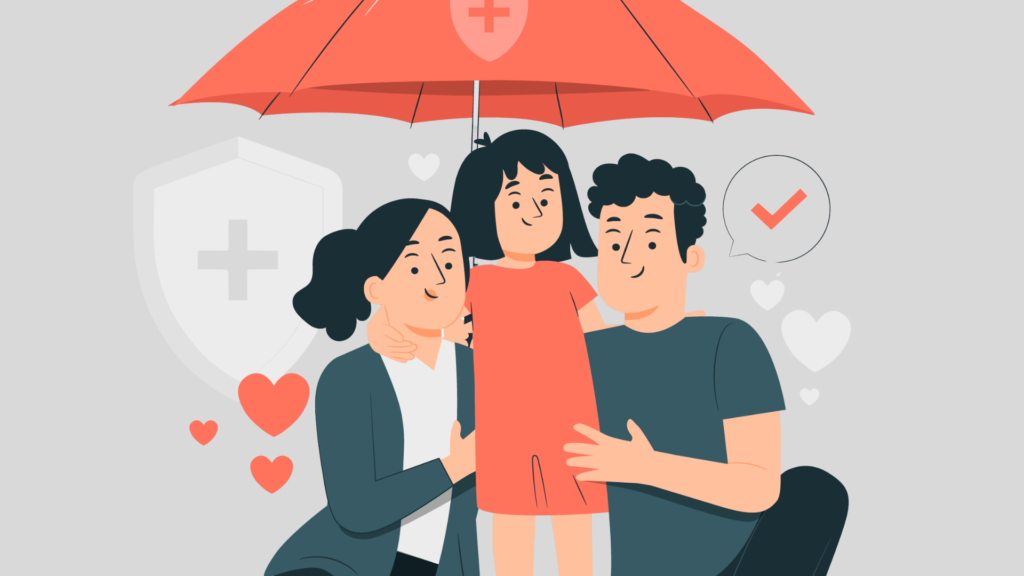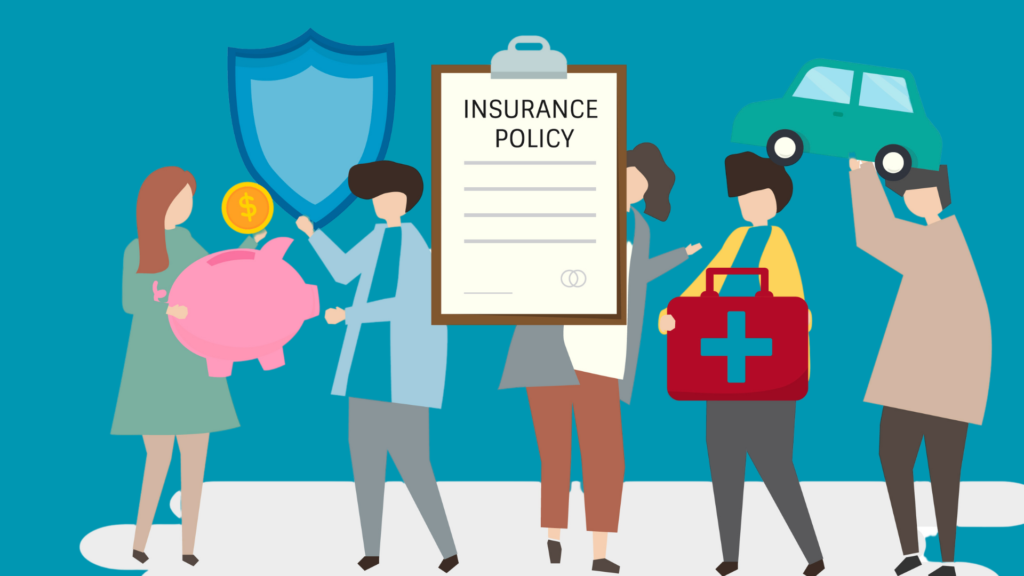CANCER is the leading cause of death in Canada, accounting for about 30% of all deaths, and the most common types being lung, breast, colorectal, and prostate cancers. The statistics are sobering and disturbing. According to the Canadian Cancer Society, an estimated 233,900 Canadians were diagnosed with cancer in 2024, and approximately 85,100 lost their lives to the monster. These numbers pushed to the surface the importance of both prevention and preparedness in our fight against cancer.
Prevention and preparedness against cancer requires a multifaceted approach. But then it starts with everyone of us being conscious of its reality, and much more important, the preparedness for the unexpected. Yes, the unexpected, and that’s because life happens. And just as we can’t control to where the wind blows, we may not be able to influence whose door the monster cancer is knocking on next.
Quitting smoking significantly reduces the risk of lung, throat, and other cancers. A diet rich in fruits, vegetables, whole grains, and lean proteins can lower the risk. As well, limiting our consumption of processed meats, sugary drinks, and excessive alcohol consumption can not be overemphasized.
Also, physical activity helps maintain a healthy weight, which is crucial since obesity is linked to several cancers, including breast, colorectal, and pancreatic cancers. Protecting your skin is also in the mix. Skin cancer is one of the most preventable cancers, so using sunscreen, avoiding tanning beds, and wearing protective clothing when outdoors are important.

You also should get screened regularly. Early detection saves lives. Participate in screening programs for breast, cervical, colorectal, and prostate cancers. Talking to your healthcare provider about the appropriate screening schedule based on your age, gender, and family history should be top on your agenda all the time. Vaccinating against cancer-causing viruses is also a must. Vaccines like the HPV vaccine can prevent infections that lead to cervical, anal, and throat cancers, and the hepatitis B vaccine can reduce the risk of liver cancer.
But despite all, what if life happens?
While prevention is key, the reality is that cancer can strike anyone, regardless of lifestyle. With that is the financial burden, which can be overwhelming, with costs for treatment, medications, and lost income adding stress to an already difficult situation. This is where financial preparedness stands in as a crucial defense. And nothing fits in the most other than insurance!
You may think insurance is crazy and insurance agents are nothing more than poking rodents. On the contrary, they are life-savers on a mission to help you loose nothing. In short, insurance is life in itself.
Here’s a sad story:
A couple migrated to Canada twenty-three years ago with their three kids. Good paying jobs… a non-burdensome 3-bedroom apartment mortgage… and daddy drives a Tesla! In a gathering, an insurance agent – barely nine months in Canada – tried to educate the couple on why they need critical illness and disability insurance, but his effort to make them see the picture was a flop. ‘What do you know? I’ve been in Canada all my life. You aren’t the one to give me a sermon on insurance’, the man blasted and sped-off in his black-shinning Tessy. Three months later, he was diagnosed of Cancer. Over time, he had to leave work and expectedly, in no time, all the family savings drained away in medical expenses.
Life happens!

Here’s the insurance you need:
Critical Illness Insurance: Critical illness insurance provides a lump-sum payment if you are diagnosed with cancer. The money can be used to cover medical expenses, experimental treatments, or even everyday living costs. Critical Illness Insurance offers peace of mind, allowing you to focus on recovery rather than finances.
Disability Insurance: Cancer and its treatments can often make it impossible to work for extended periods. Disability insurance replaces a portion of your income if you become unable to work due to illness or injury. This ensures that you can continue to support yourself and your family during treatment and recovery.
Life Insurance: While no one likes to think about the worst-case scenario, life insurance is a vital safety net for your loved ones. It provides financial support to your family in the event of your passing, helping them cover expenses like mortgages, education, and daily living costs.
In a world where cancer remains a formidable foe, prevention and preparedness are your best allies. Take steps today to protect your health and your financial future. When it comes to cancer, the best defense is a good offense.



